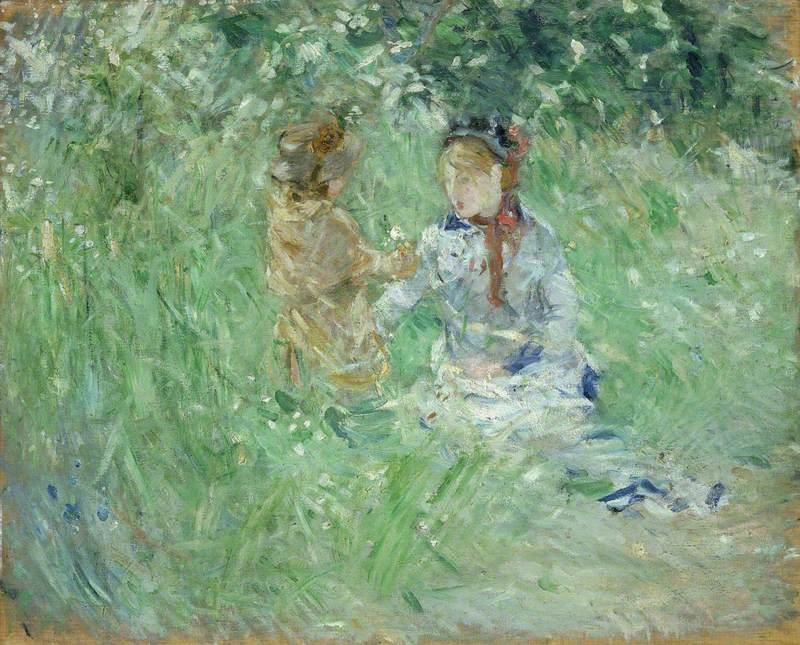
Encortel
With the Lacan Salon’s 2025 Laconference on Feminine Desire, quickly approaching; A close reading of Jacques Lacan’s infamous seminar 20, On Feminine sexuality, the limits of love and knowledge (1998/1972-73) seems pertinent.
A half century later, much has changed…
“Or has it?”
In our time, the central question of Lacan’s Seminar XX, Encore, is often considered solved, or perhaps irrelevant; sexual difference does not exist. How could a theory of sexuation have any purchase in the contemporary moment? This moment when liberal feminism has become central to western governance, market and education. Like it or not.
Some versions of “not” have emerged in reactionary, patriarchal, “trad”, neo-nationalist currents worldwide.
In this Encortel, the participants will have the opportunity to work with individual questions pertaining to gender, sexuality, the insistence of sexuated differences and their antagonisms while also exploring current political discontents. We will do this through a close read, not of commentaries of commentaries, but the Lacanian letter.
Sometimes to go forward you must circle back to the beginning.
Participant Questions:
Alois
I’ve refined them to the point where the pairing that I’d like to think together in reading this seminar is “sexuality” and “research/knowledge/thought/investigation”, hopefully building off our reading of Seminar 17 as well. I guess the dilemma that I’d like to work through is how in the attempt to think through matters of sexuation/sexuality, sexuation/sexuality in some sense precedes thought (Freud’s point in Three Essays about the origins of “research” being a child’s investigations into sexuality, or Lacan’s framing of the problem of sexuality/sexuation as a logical one, or the message to Tom Cruise in Eyes Wide Shut: “give up your inquiries, which are entirely useless”). If we can’t think our way out of the problem of sexuation/sexuality (and here, the problem of feminism emerges for me, as I found myself cornering myself in the last session through the masculine logic of exceptionalism, as does Cruise in EWS for that matter), what does jouissance offer as an alternative?
Rachel
“Paint, dance, sing, read, speak, write, imagine, act your way out of patriarchy.” – Jane Evershed. (A poem from a calendar that hung on my wall as a teenager).
The personal is political. Yet, desire is unconscious. The most intimate spaces of our lives, our personal relationships, are often where we are most inclined to reveal our singularly unique selves; where, if we are lucky, we can feel free to express not just what, but who, we are. Simultaneously, in my clinical work, I notice that frequently folks (of all genders) with self-professed leftist, feminist values unwittingly find themselves in traditionally-gendered relationships, unsatisfied and perplexed. Something is amiss. Moreover, as the reactionary political right continues to gain momentum, the wellbeing of women and trans people are increasingly under threat by misogynistic and transphobic movements. Gender activism urgently needs to return to the proverbial drawing board.
What is feminine? How is it articulated, experienced, or enacted? Can it be separated from feminine desire or is it only an adjective? How do we discuss feminine (and masculine) without essentializing or polarizing? Can these questions provide a potential new direction for gender activism? In reading Seminar XX, I want to explore these questions to find new horizons both within and beyond my clinical work.
Leigh
What happens after sexual and gender liberation?
Psychoanalysis.
My Questions:
Considering current discursive contradictions, will progressive moderns (myself included) ever change our relationship with the signifier and discourse, or will we continue to fight over who chooses the current disk?
Additionally, can we insist on differences without merely reproducing the segregative logic used against differences since time immemorial?
Is Lacan’s “thesis” in Encore universal and structural, or is it relative to his cultural and historical matrix?
How do historical and cultural changes that we are witnessing; decline in birth rate, use of science IVF/hormone therapy, gender theory becoming a majority rather than minority discourse, decline in nuclear family, gay marriage, provide evidence for and or contradict Lacan’s sexuation graph?
*Image by Berthe Morisot




